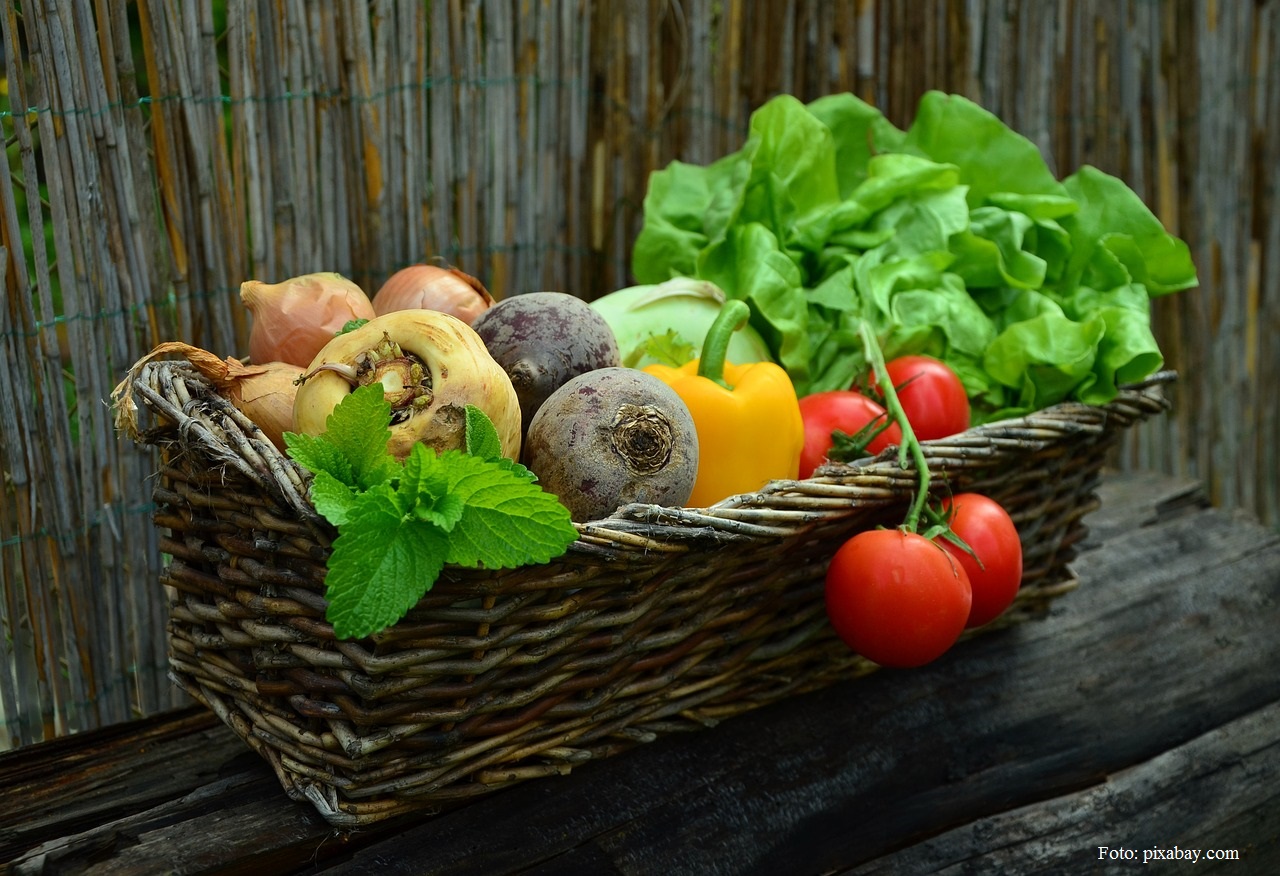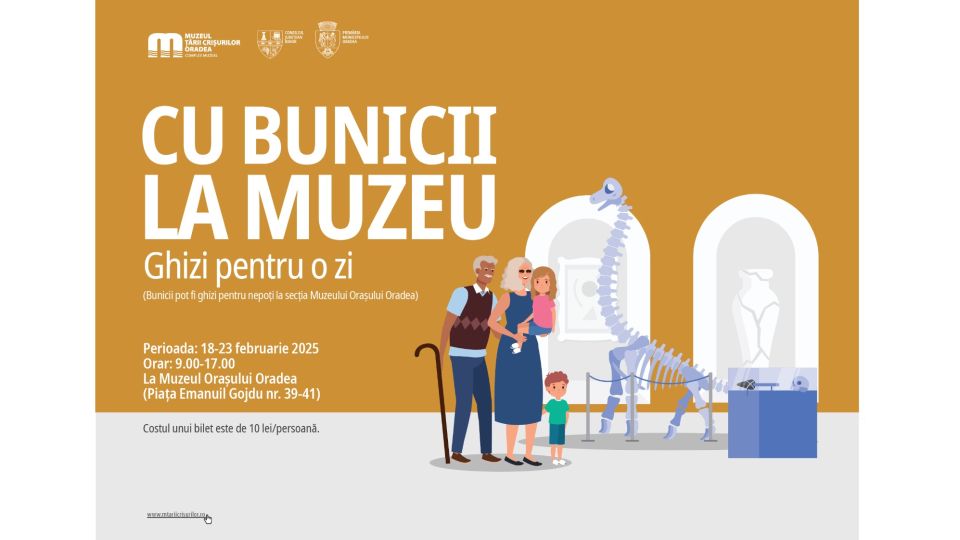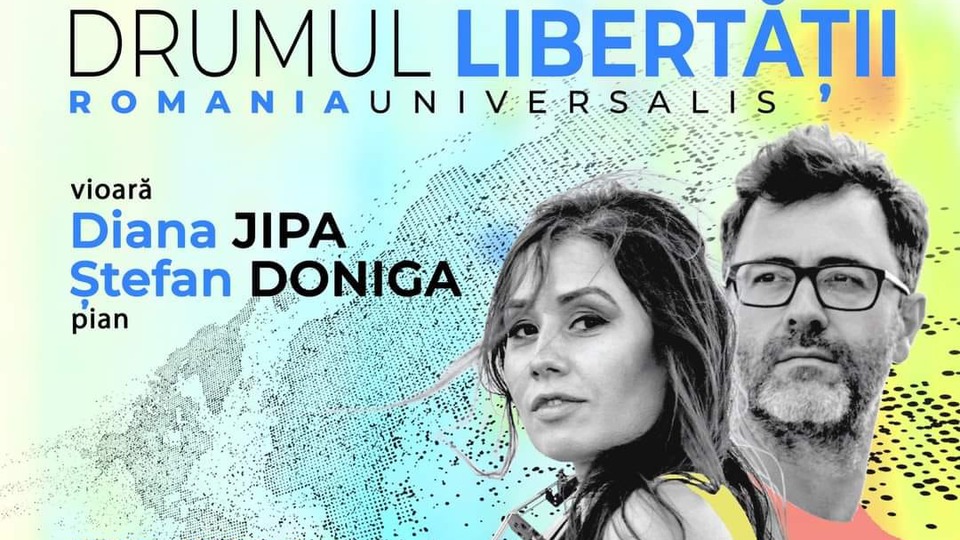Irish cows donated to Romania
Two years ago, the local branch of an international foundation brought to Romania a few Irish Holstein Friza cows.

România Internațional, 20.10.2013, 01:03
Two years ago, the local branch of an international foundation brought to Romania a few Irish Holstein Friza cows, well known for their high milk yield and adaptability to various climates. The cows arrived in Romania by air, to the delight of the press, which produced endless headlines based on less than inspired puns. However, the story of the Irish cows is much older and deserves closer scrutiny, especially now, when we can see the results of this unusual airdrop. The cows, now in a village in Cluj county called Râşca, were donated by Irish farmers, who make this gesture as a matter of course. They were given to a few families that were not that well to do, who got them along with all the feed needed while the animals got used to their new environment. Ovidiu Spanu, director of the Heifer Foundation, told us that this donation is based on the ‘gift that keeps on giving’ principle.
Ovidiu Spanu: “This was the first cow airdrop; some went to the Felix Orphanage in Santandrei near Oradea, as part of the ‘Milk for Orphans’ project. Felix is an orphanage with 270 children living there, and has a farm with around 150 cows. Many of the residents, upon reaching the age of 18, start working on the farm, or in the wood shop, or driving a tractor, or feeding the animals. The children get milk and dairy from the farm. The rest were taken to Rasca village. As part of the agreement with the farmers in Rasca, they have to give away the first born calf to another family, and we collect 300 liters of milk, which we give to orphanages and needy children in Cluj county. We have a few orphanages on our list, and almost every Tuesday, a refrigeration truck takes milk to a place called Patarât, a Rroma community living next to a city dump near Cluj which has about 350 children who would not otherwise get milk. At some point we took them some fruit, oranges and bananas, but they didn’t know they had to be peeled, took a bite, and didn’t like them very much. They were used only with candy and Coca-Cola, they don’t have milk. About once a week, on Tuesdays, depending on how much milk we can collect, we take it and donate it to the children in this community.”
This autumn, 20 heifers born here out of the first cows brought over from Ireland, perfectly acclimatized, were donated to other families, in much poorer areas. It was not an isolated action. Such projects have been running in Romania for over 20 years, with support from donors in the US and Western Europe, but also with local funds from multinational corporations. The same foundation brought in Angora goats and milk goats, which they have donated to poor communities. Things did not stop here. In time, word got around, and people started coming and asking for cows, trying to lift themselves out of poverty. However, things don’t work by the simple rule of supply and demand:
“The communities where we work are islands of normality. We approach them on several levels, we educate, we provide them with the animals and the training they need, and we especially try to connect them to the market. We don’t start projects in areas if our analysis indicates clearly that this is not a cow-friendly area. There’s no point in having a cow in an area where the terrain, the climate, the life and traditions are not propitious for this species. We have a lot of projects, with chickens, with bees, with trout and pigs, but where you grow pigs, you have to have grain. Therefore we first run an analysis of needs and potential, and we don’t turn people down, but we provide them with the right animals for their area, and more importantly, with animals that have a market, as it was the case with goats and the Rroma.’
Even though at first sight Heifer may be seen as an organization working with animals, Ovidiu Spanu told us that his foundation’s main area of activity is not animal husbandry:
Ovidiu Spanu: “In fact, we are a people organization, and we don’t do animal husbandry, we do development. After people start getting together and going through our programs, they start to aspire to a better life, a richer life, and raise their standards. They eat better, they get income, start thinking more in economic terms, they start acting better towards each other, and little by little their health improves. In a community where children have problems with their teeth, they start going to the dentist, we start seeing children wearing glasses appearing, which didn’t use to happen. It is a general progress, we lift up the community to better standards across the board”.
After 22 years of getting funding from the US and Western Europe for animals to donate to poor families in Romania, Heifer organization has a new plan. They want to raise more funds from local donors. This was decided because of the present economic context, and also because international donors are more interested now in even poorer areas, with worse political and social problems. European funds continue to be an important source of financing for this foundation, which doesn’t give fish to the poor, but teaches them how to fish.






























